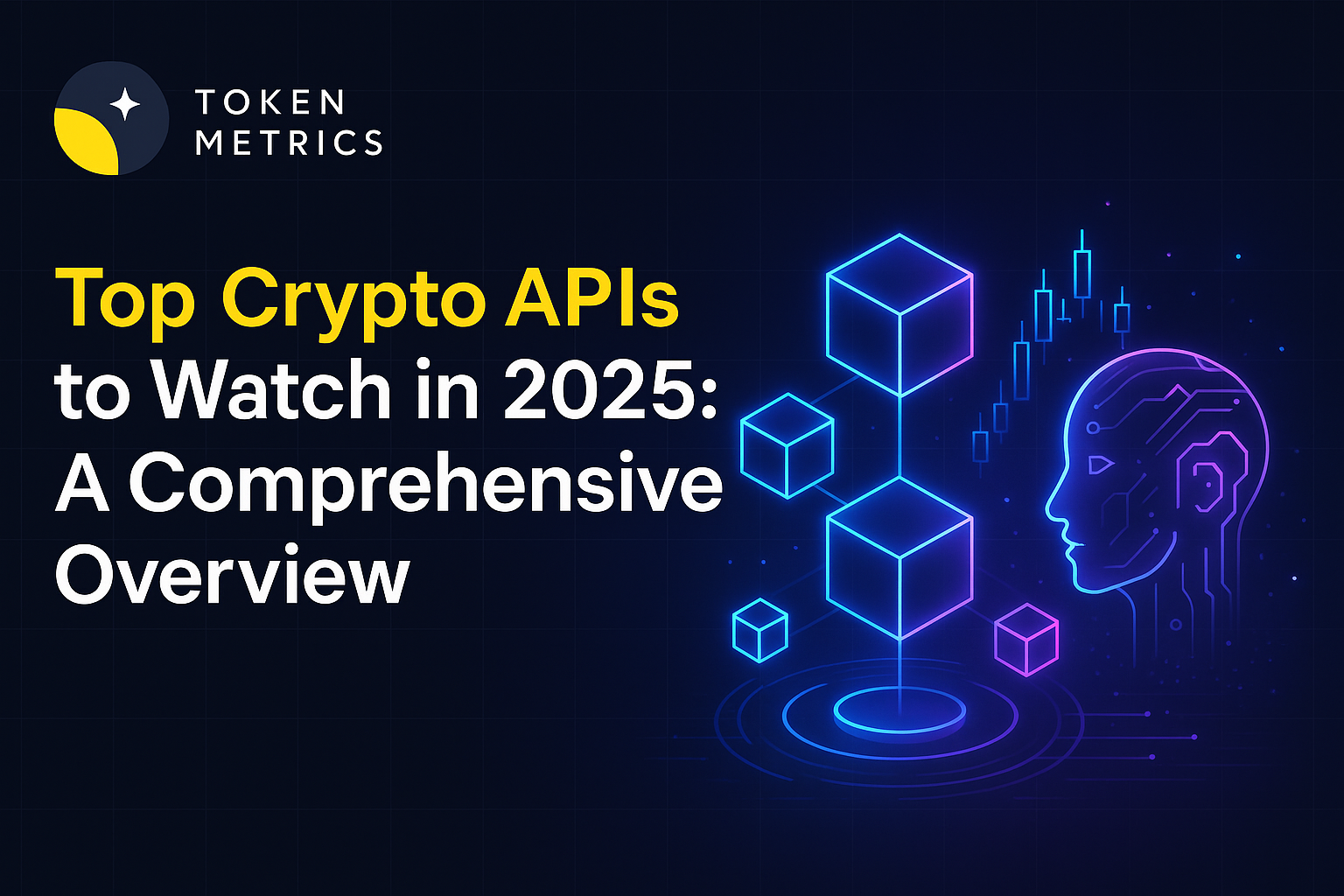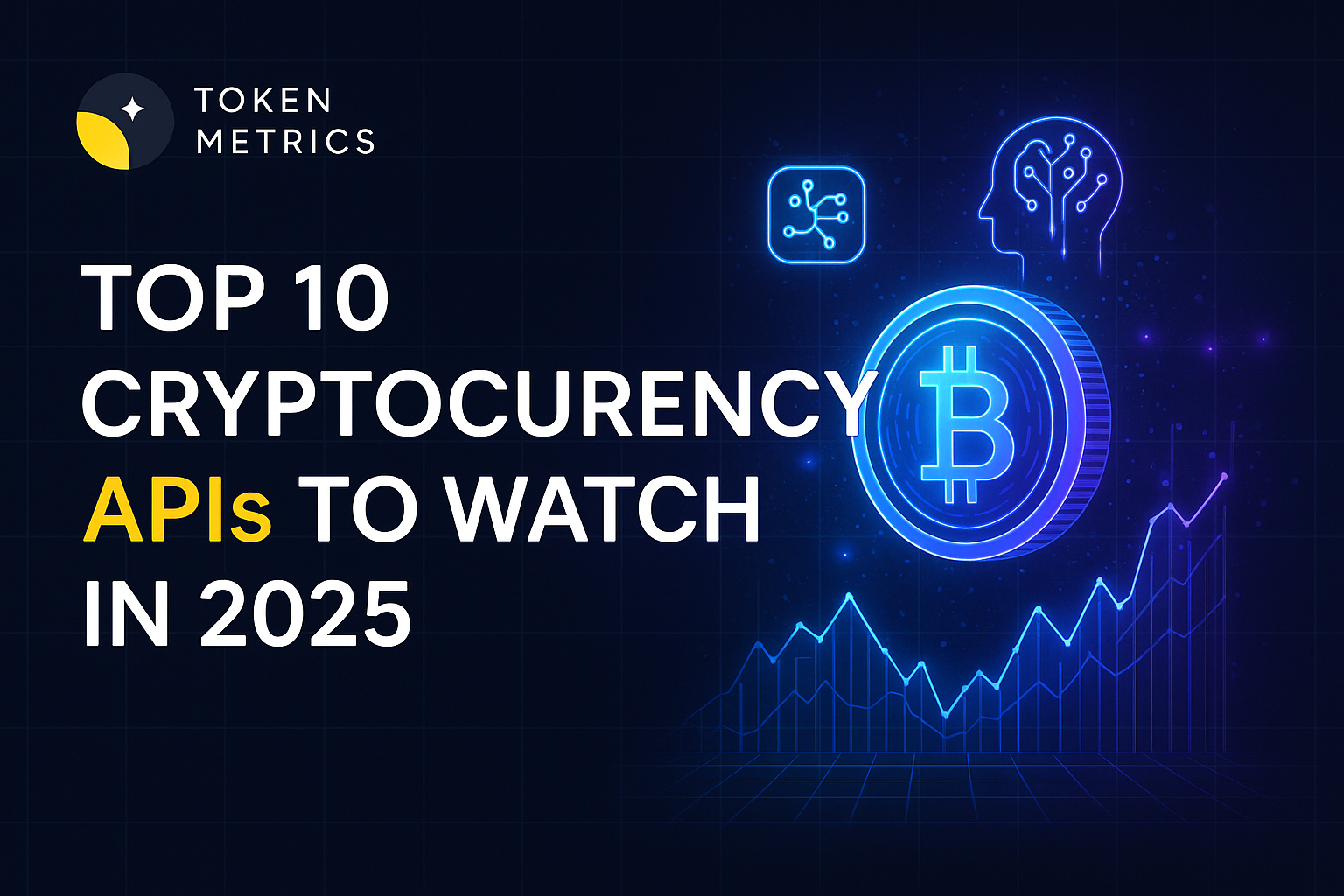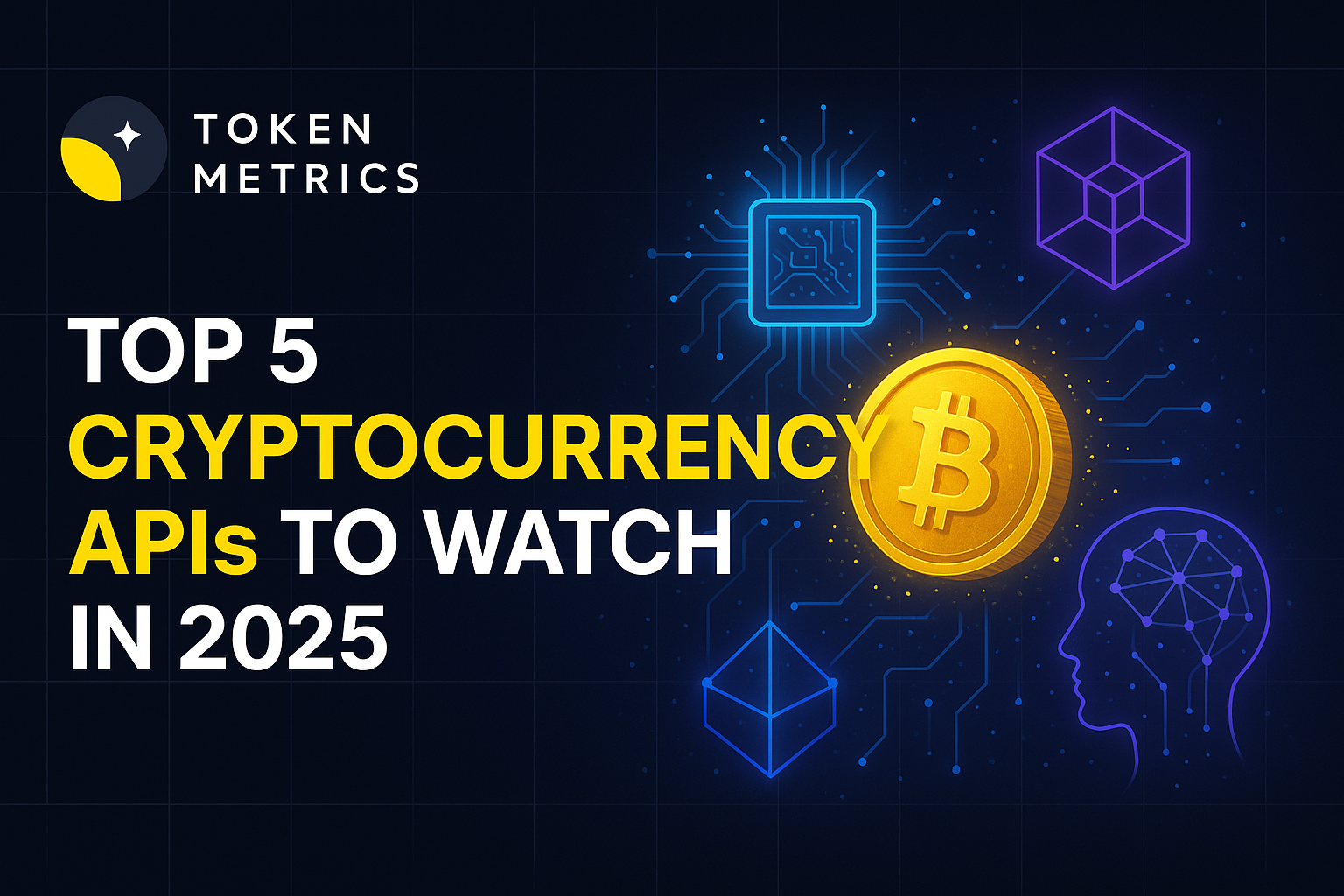What are ERC20 Tokens and How Does it Work?

Cryptocurrencies have revolutionized the way we think about digital assets and transactions. Among the many innovations in the blockchain space, ERC20 tokens have emerged as a prominent standard for creating and managing tokens on the Ethereum blockchain.
In this comprehensive guide, we will explore what ERC20 tokens are, their history, how they work, their importance and impact, advantages and disadvantages, and provide a list of top ERC20 tokens. So, let's dive in and unravel the fascinating world of ERC20 tokens.
What is ERC20?
ERC20 stands for Ethereum Request for Comment 20 and is the technical standard for creating fungible tokens on the Ethereum blockchain.
Unlike non-fungible tokens (NFTs), which are unique and not interchangeable, ERC20 tokens are fungible, meaning they can be exchanged on a one-to-one basis with other tokens of the same type.
These tokens represent assets, rights, ownership, access, or even cryptocurrencies that are not unique in themselves but can be transferred.
The ERC20 standard enables developers to create smart-contract-enabled tokens that can be used with various products and services.
Since its implementation, most tokens in the Ethereum ecosystem have been created using the ERC20 standard, making it a crucial part of the Ethereum blockchain's functionality.
History of ERC20
To understand the significance of ERC20 tokens, let's look at their history. In 2015, as smart contracts gained popularity, developers realized the need for a standardized token methodology within the Ethereum ecosystem.
Each application would require its own token without a standard, leading to interoperability issues and difficulties in exchanging tokens between different applications.
To address this problem, developer Fabian Vogelsteller proposed the ERC20 standard 2015 through the Ethereum Request for Comment (ERC) process on the project's Github page.
The proposal, initially known as ERC-20 due to its designation as the twentieth comment, was later approved and implemented as Ethereum Improvement Proposal 20 (EIP-20) in 2017.
The approval and implementation of the ERC20 standard ensured that all smart contract tokens implemented on the Ethereum blockchain would adhere to the same set of rules, making them compatible and easily exchangeable.
How Does ERC20 Work?
To understand how ERC20 tokens work, let's delve into their underlying structure and functionality. ERC20 tokens consist of a list of functions and events that must be implemented in a token's smart contract to be considered ERC20 compliant.
ERC20 Functions
The ERC20 standard defines six mandatory functions that a token must have:
- TotalSupply: This function returns the total number of tokens ever issued.
- BalanceOf: The BalanceOf function allows users to check the balance of a specific token owner's account.
- Transfer: The Transfer function automatically transfers a specified number of tokens to a designated address.
- TransferFrom: This function allows the automatic transfer of a specified number of tokens from one address to another.
- Approve: The Approve function grants permission to a designated address to withdraw a specific number of tokens from the token owner's account.
- Allowance: The Allowance function returns the number of tokens approved for withdrawal by a spender from the token owner's account.
These functions provide a standard interface for ERC20 tokens, allowing them to be easily accessed, recognized, and used within the Ethereum ecosystem.
ERC20 Events
In addition to functions, ERC20 tokens also include two mandatory events:
- Transfer: The Transfer event is triggered when a transfer of tokens is successfully executed.
- Approval: The Approval event logs the approval of a specific address to spend a certain number of tokens.
These events help keep track of token transfers and approvals within the blockchain.
Optional ERC20 Features
Although the six functions and two events mentioned above are mandatory for ERC20 compliance, token developers can include additional features to enhance the token's usability. These optional features include:
- Token Name: Tokens can have a name that represents their identity.
- Token Symbol: Tokens can have a symbol as a shorthand representation of their name.
- Decimal Points: Tokens can have decimal points to allow for fractional values.
Including these optional features provides more information and clarity about the token, making it easier for users to understand and interact.
The Importance and Impact of ERC20
The ERC20 standard has profoundly impacted the blockchain and cryptocurrency industry. Its importance lies in the fact that it introduced a standardized framework for creating tokens on the Ethereum blockchain, fostering interoperability and compatibility among different tokens and applications. Let's explore some key reasons why ERC20 is significant.
Interoperability and Compatibility
By adhering to the ERC20 standard, tokens built on the Ethereum blockchain can seamlessly interact with other tokens and smart contracts within the ecosystem.
This interoperability allows for the creating of decentralized applications (DApps) and services that can leverage a wide range of tokens without the need for custom integrations.
Token Creation Simplification
The ERC20 standard simplifies creating tokens by providing well-defined rules and functions. Developers can focus on implementing their tokens' specific features and functionalities without worrying about compatibility issues.
This simplification has contributed to the rapid growth of the Ethereum ecosystem and the proliferation of ERC20 tokens.
Increased Liquidity and Market Access
ERC20 tokens' compatibility and interchangeability have significantly increased their liquidity and market access. Token holders can easily trade ERC20 tokens on decentralized exchanges (DEXs) and various cryptocurrency platforms, providing them with a broader range of investment and trading opportunities.
Crowdfunding and Initial Coin Offerings (ICOs)
The ERC20 standard has played a crucial role in the rise of ICOs and token crowdfunding. By providing a standardized token creation framework, ERC20 empowered startups and projects to efficiently launch their own tokens and raise funds from a global audience.
This democratization of fundraising has opened up new avenues for innovation and entrepreneurship.
The impact of ERC20 can be seen in the broad adoption of tokens built on the Ethereum blockchain. Let's explore some of the top ERC20 tokens that have gained prominence in the market.
List of Top ERC20 Tokens
ERC20 tokens have gained significant traction in the cryptocurrency market. Here are some of the top ERC20 tokens by market capitalization:
Tether (USDT): Tether is a stablecoin that aims to maintain a 1:1 ratio with the US dollar, providing stability in the volatile cryptocurrency market.
USD Coin (USDC): USD Coin is another stablecoin pegged to the US dollar, offering stability and liquidity for digital asset transactions.
Shiba Inu (SHIB): Shiba Inu is an experimental cryptocurrency inspired by the meme culture surrounding the Shiba Inu dog breed.
Binance USD (BUSD): Binance USD is a stablecoin created by Binance, one of the largest cryptocurrency exchanges globally, providing stability and convenience for trading.
Binance Coin (BNB): Binance Coin is the native cryptocurrency of the Binance exchange and is widely used for trading fee discounts and participation in token sales.
DAI Stablecoin (DAI): DAI is a decentralized stablecoin that aims to maintain a 1:1 ratio with the US dollar through an algorithmic stabilization mechanism.
HEX (HEX): HEX is a blockchain-based certificate of deposit (CD) designed to reward token holders with interest for holding their tokens for a specific period.
Bitfinex LEO (LEO): Bitfinex LEO is the native utility token of the Bitfinex exchange, providing various benefits and discounts to its holders.
Maker (MKR): Maker is a governance token used in the MakerDAO protocol, which enables users to create and manage the stablecoin DAI.
These are just a few examples of the many ERC20 tokens that have gained popularity and utility in the blockchain ecosystem. The diverse range of use cases and functionalities offered by ERC20 tokens highlight their versatility and potential.
Advantages of ERC20 Tokens
ERC20 tokens offer several advantages that have contributed to their widespread adoption. Let's explore some of the key advantages:
- Standardization: The ERC20 standard provides a uniform set of rules and functions, ensuring that all tokens built on the Ethereum blockchain adhere to the same standards. This standardization simplifies token development and improves user experience.
- Smart Contract Functionality: ERC20 tokens can leverage the power of smart contracts to automate and execute complex transactions, enabling features such as automatic transfers, approvals, and more.
- Crowdfunding and Fundraising: The ERC20 standard has facilitated the rise of token crowdfunding and ICOs, allowing startups and projects to raise funds globally in a decentralized manner.
- Ecosystem Integration: ERC20 tokens can seamlessly integrate with other Ethereum-based services, such as decentralized finance (DeFi) protocols, lending platforms, and prediction markets, expanding their utility and potential use cases.
These advantages have made ERC20 tokens a preferred choice for token creation and have paved the way for growth and innovation within the Ethereum ecosystem.
Disadvantages of ERC20 Tokens
While ERC20 tokens offer numerous advantages, it's essential to consider their limitations and potential drawbacks. Here are some disadvantages associated with ERC20 tokens:
- Scalability Challenges: The Ethereum blockchain's scalability limitations can affect the performance of ERC20 tokens during periods of high network congestion, leading to slower transactions and higher fees.
- Smart Contract Vulnerabilities: Smart contracts powering ERC20 tokens are susceptible to hacks and vulnerabilities. Any bugs or vulnerabilities in the smart contract code can result in the loss of funds or token theft.
- Limited Token Functionality: ERC20 tokens have predefined functions and events, which might not cover all possible token functionalities. Tokens with complex functionalities require custom token standards or modifications to the ERC20 standard.
- Lack of Regulatory Compliance: ERC20 tokens, like other cryptocurrencies, operate in a regulatory gray area in many jurisdictions. Compliance with evolving regulations can be challenging for token issuers and holders.
It's crucial for token developers and users to be aware of these limitations and take appropriate measures to mitigate associated risks.
Frequently Asked Questions
Q1. What is the difference between ERC20 and ETH?
Ether (ETH) is the native cryptocurrency of the Ethereum blockchain and network, used as a payment system for verifying transactions. ERC20 refers to the standard for creating smart contract-enabled fungible tokens on the Ethereum blockchain.
Q2. What is an ERC20 wallet?
An ERC20 wallet is a digital wallet that allows users to store, manage, and interact with ERC20 tokens. It provides an interface for users to view token balances, send and receive tokens, and interact with decentralized applications.
Q3. Can ERC20 tokens be exchanged for other cryptocurrencies?
ERC20 tokens can be exchanged for other cryptocurrencies on various exchanges and trading platforms supporting ERC20 tokens.
Q4. Are all cryptocurrencies ERC20 tokens?
No, not all cryptocurrencies are ERC20 tokens. While ERC20 tokens are cryptocurrencies, not all cryptocurrencies follow the ERC20 standard. ERC20 tokens specifically pertain to tokens built on the Ethereum blockchain.
Q5. Can ERC20 tokens be used for crowdfunding or raising funds?
The ERC20 standard has been widely used for initial coin offerings (ICOs) and token crowdfunding campaigns. It provides a standardized framework for token creation, making it easier for projects to raise funds globally.
Conclusion
ERC20 tokens have revolutionized the cryptocurrency industry by providing a standardized framework for creating and managing tokens on the Ethereum blockchain.
These tokens offer interoperability, liquidity, and smart contract functionality, empowering developers and users to leverage the vast potential of the Ethereum ecosystem.
Although ERC20 tokens have their limitations, their advantages and widespread adoption demonstrate their significance in the evolving blockchain landscape.
As the crypto industry grows, ERC20 tokens will remain a crucial component, enabling innovation and decentralized applications on the Ethereum platform.
Disclaimer
The information provided on this website does not constitute investment advice, financial advice, trading advice, or any other advice, and you should not treat any of the website's content as such.
Token Metrics does not recommend that any cryptocurrency should be bought, sold, or held by you. Do conduct your own due diligence and consult your financial advisor before making any investment decisions.
Create Your Free Token Metrics Account

.png)




%201.svg)
%201.svg)


%201.svg)










.svg)




.png)